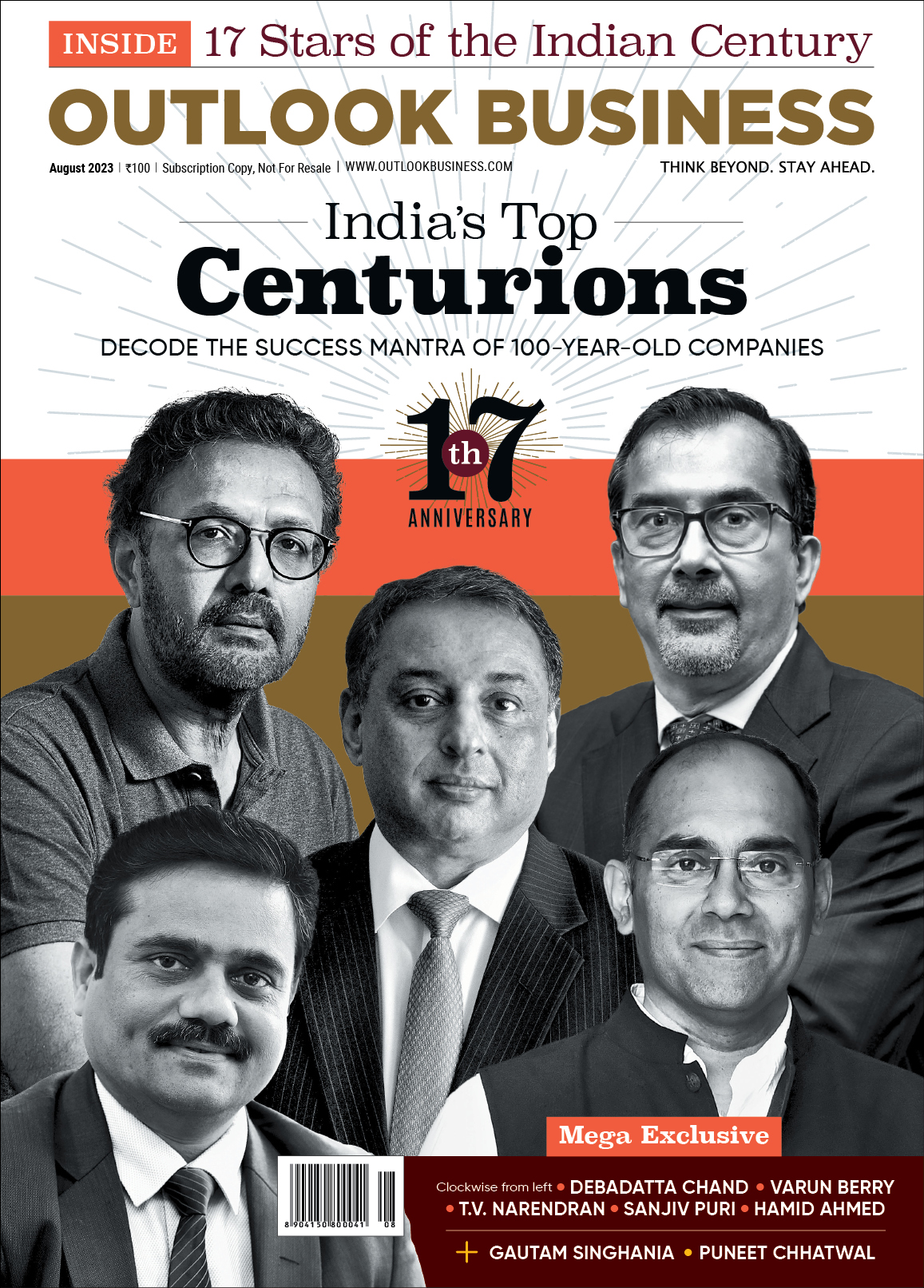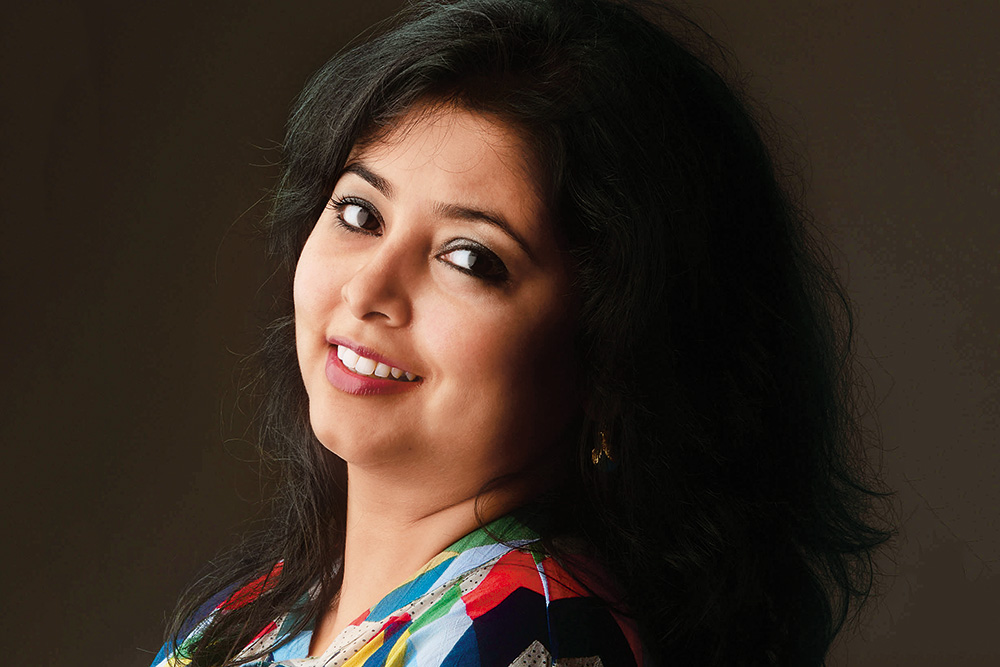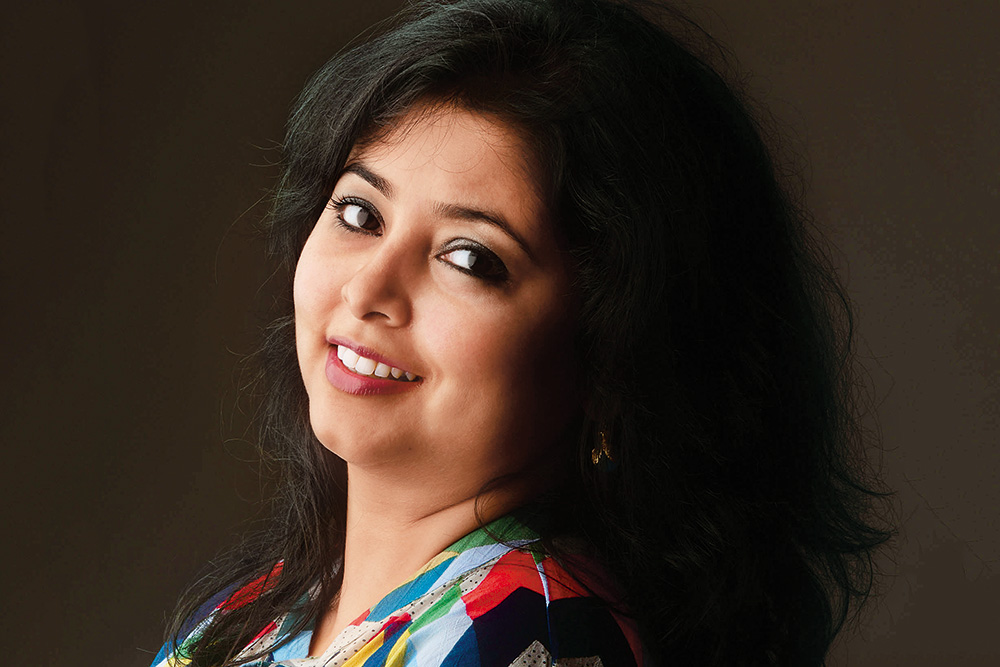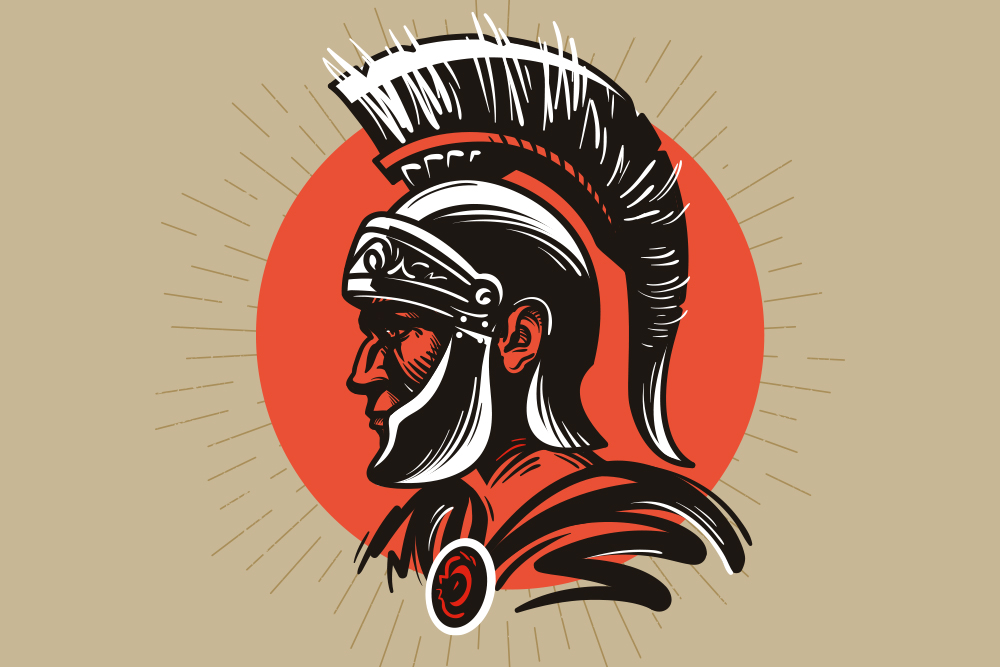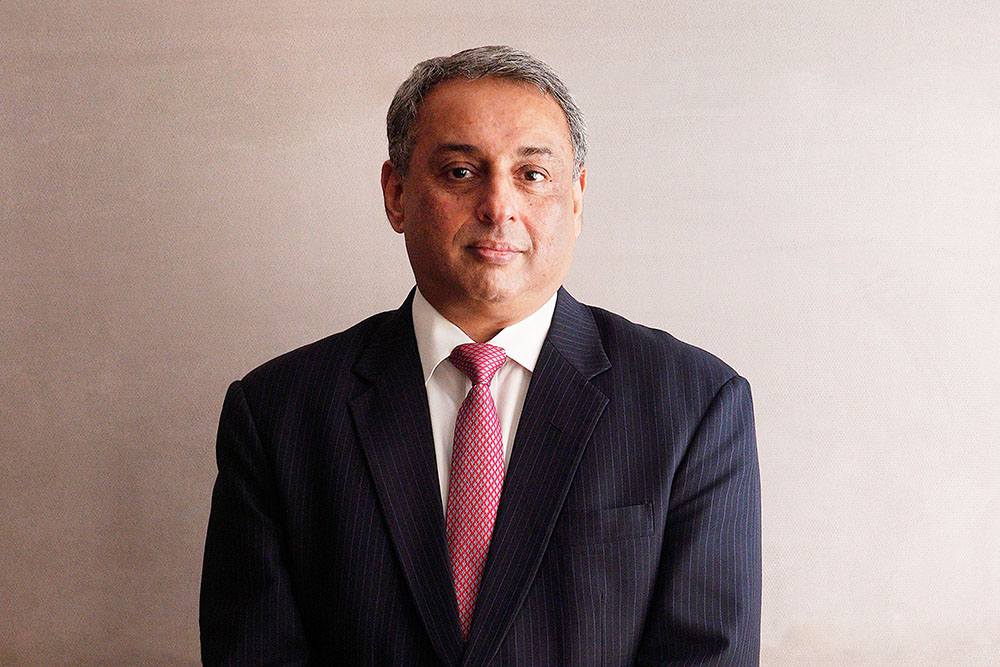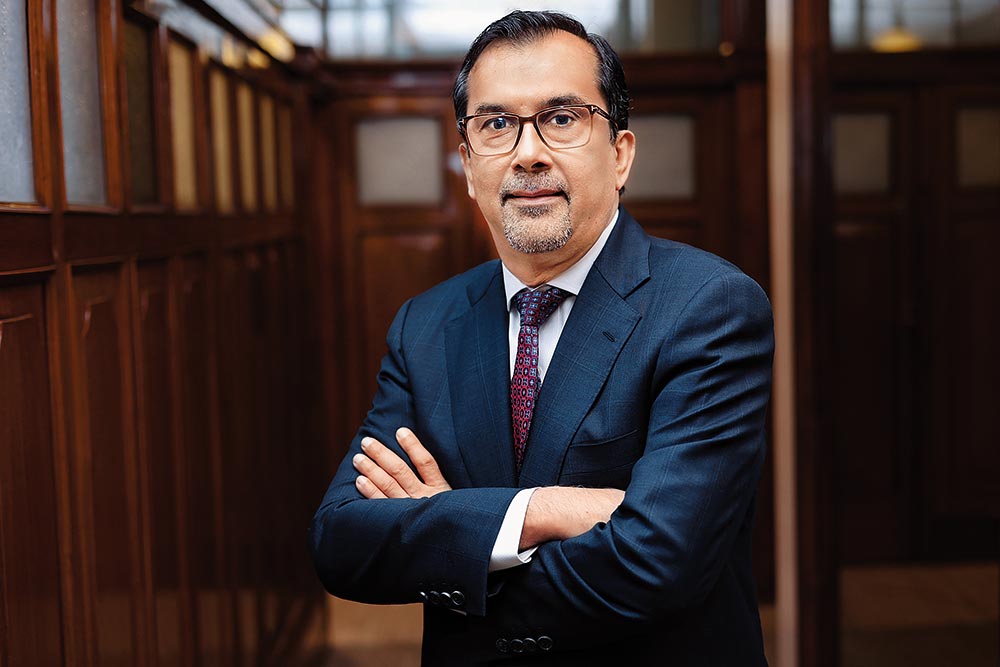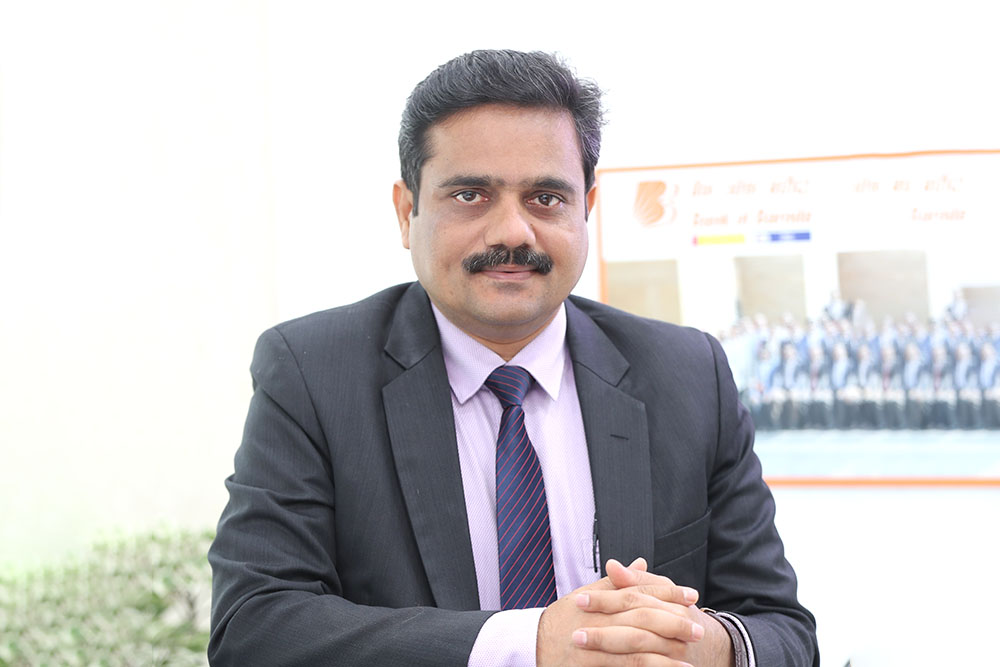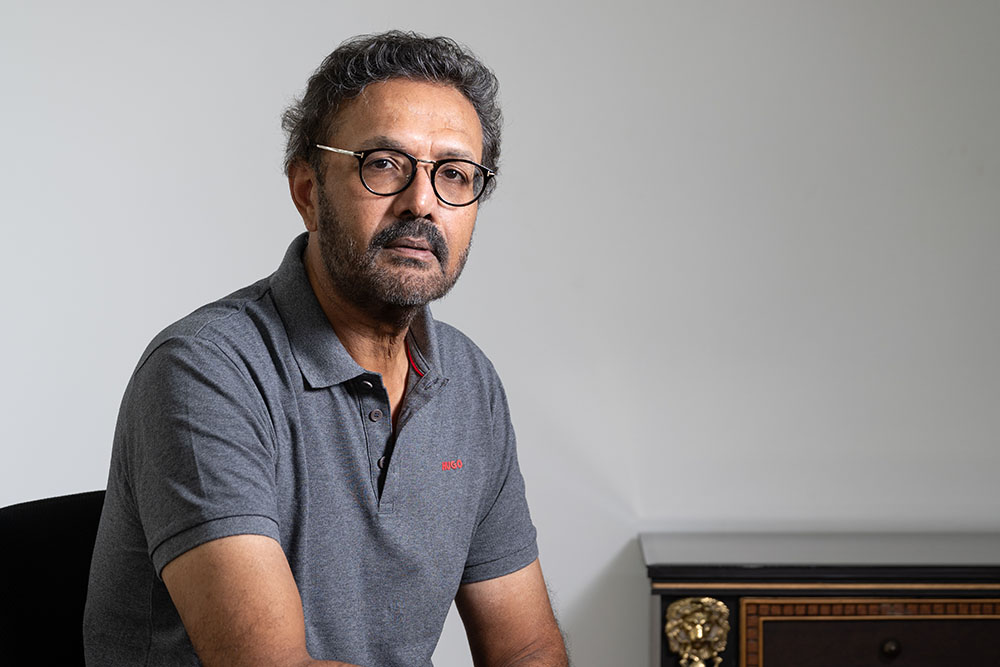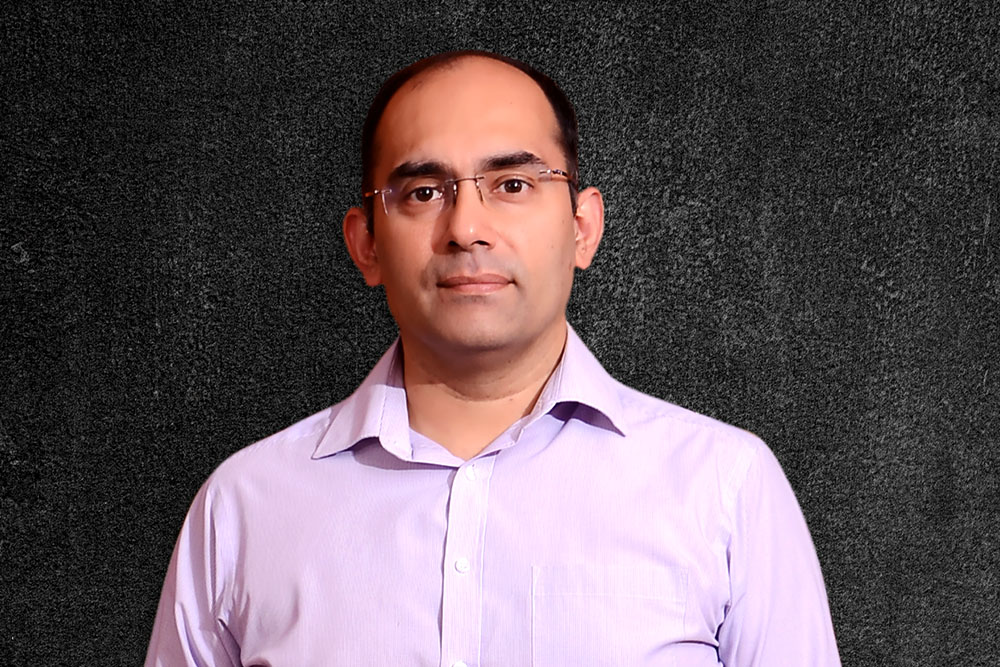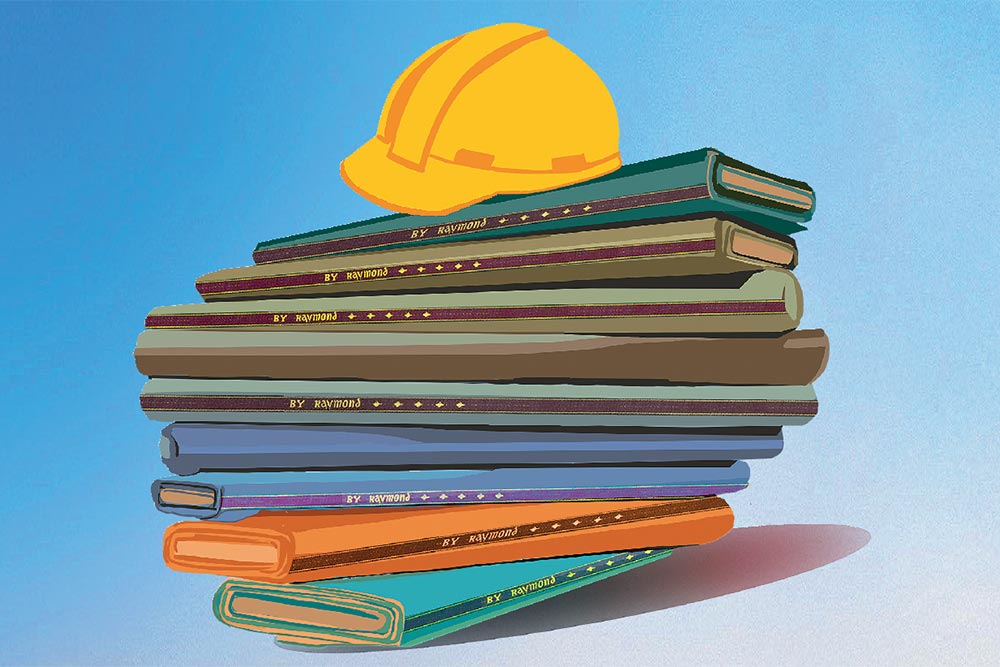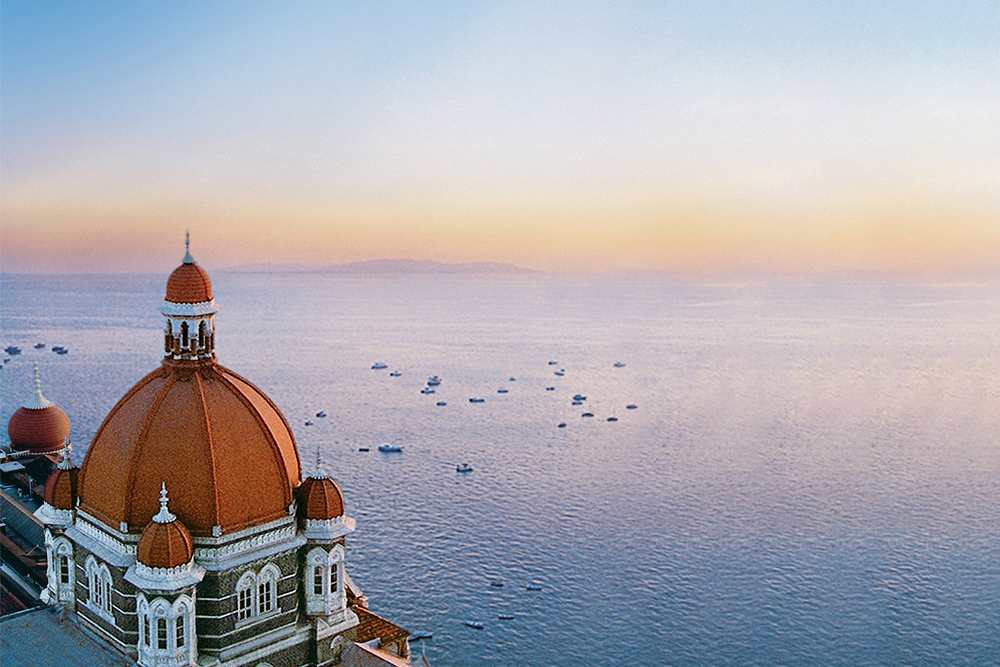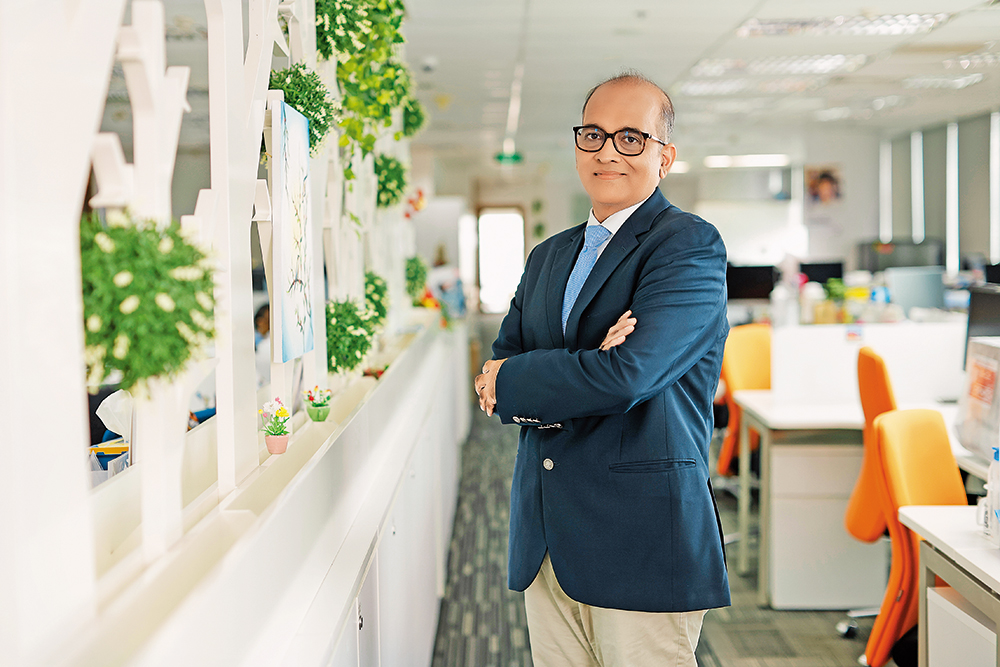Polarisation has also divided us into the camps of liberals and right-wingers. Caught in this tension between ideologies is the story of our intellectual degeneration
- COVER STORY
Polarisation has also divided us into the camps of liberals and right-wingers. Caught in this tension between ideologies is the story of our intellectual degeneration
Building a company is difficult anywhere in the world. Nurturing it for 100 years takes a combination of philosophy of growth, astute understanding of headwinds and the determination to survive the deadliest of down cycles. What makes this survival story in India more interesting is the cross-currents of everyday politics and ideology
Tata Steel has become one of the leading steel manufacturers across the globe in the last 116 years. The company is hopeful of lasting another 100 years on the back of its multi-generational employees and a people-centric work culture. With clear focus and targets in sight, T.V. Narendran, chief executive officer and managing director of Tata Steel, explains how a large part of its future growth will take place in India due to the infra push of the government and its investment in future and sustainable technology
From making tobacco products to becoming a multi-sector corporation, ITC has come a long way since its inception in 1910. This year, it became the seventh listed company in India to cross Rs 6 trillion market cap. It is now deploying sustainable solutions and Industry 4.0 measures to create seamless networks with retailers and customers. Sanjiv Puri, company MD and chairman, talks about ITC's planned growth trajectory
Sayajirao Gaekwad III, the king of the erstwhile princely state of Baroda, set up several institutions to modernise the state. One of them was Bank of Baroda, which completed 115 years of operations last month. It is India’s second largest public-sector bank as per total business as of March 31, 2023. Debadatta Chand, the bank's MD and CEO, talks about its glorious past and the transformational changes that continue to keep it relevant
Since inception, Britannia has changed hands several times. Amid the challenges that come with changes in ownership, the brand remains steadfast in its focus on consumer preferences and is currently a leading FMCG brand in India. Varun Berry, managing director and vice chairman of Britannia, talks about the company’s thrust areas, strategies and plans to add more food categories to its portfolio in the coming years
Hamdard, meaning a companion in pain, made a humble beginning in 1906 as a small affordable Unani clinic. Less than half a century later, it was converted into a trust, with a pledge to use profits for charitable purposes. Hamid Ahmed, who is the great-grandson of founder Hakeem Abdul Majeed, and CEO and trustee of Hamdard Laboratories India (Food Division), elaborates on the company’s expansion plans, strategies and hopes for newly launched and upcoming products
One of Raymond’s many privileges in its 98-year-old journey has been growing with and for India
Incorporated in 1899 by the founder of the Tata Group Jamsetji Tata, IHCL opened its first hotel, The Taj Mahal Palace, in Mumbai—then Bombay— in 1903. Dubbed as the best hotel east of Suez, it transformed the face of Bombay and introduced authentic Indian hospitality to the world while bringing global luxuries to the country
A brand is owned in consumer minds. The mind-ownership of brands is more important a facet to focus upon, rather than the business and financial ownership of these brands
Centennial companies have weathered the storms of time, evolving their ownership structures to adapt to the changing dynamics at the macro, meso and micro levels and at socio-economic-political-institutional, business, society and family levels.
A critical area for the future, particularly in Indian corporates with family governance and management, will be the separation of control and day-to-day management
Amitabh Dube, country president of Novartis India, has travelled extensively, but it is his stay in Vietnam that he most fondly remembers, not just for its food, people and landscape but also for the footprints of Indian culture in the southeast Asian country
Polarisation has also divided us into the camps of liberals and right-wingers. Caught in this tension between ideologies is the story of our intellectual degeneration
Building a company is difficult anywhere in the world. Nurturing it for 100 years takes a combination of philosophy of growth, astute understanding of headwinds and the determination to survive the deadliest of down cycles. What makes this survival story in India more interesting is the cross-currents of everyday politics and ideology
Tata Steel has become one of the leading steel manufacturers across the globe in the last 116 years. The company is hopeful of lasting another 100 years on the back of its multi-generational employees and a people-centric work culture. With clear focus and targets in sight, T.V. Narendran, chief executive officer and managing director of Tata Steel, explains how a large part of its future growth will take place in India due to the infra push of the government and its investment in future and sustainable technology
From making tobacco products to becoming a multi-sector corporation, ITC has come a long way since its inception in 1910. This year, it became the seventh listed company in India to cross Rs 6 trillion market cap. It is now deploying sustainable solutions and Industry 4.0 measures to create seamless networks with retailers and customers. Sanjiv Puri, company MD and chairman, talks about ITC's planned growth trajectory
Sayajirao Gaekwad III, the king of the erstwhile princely state of Baroda, set up several institutions to modernise the state. One of them was Bank of Baroda, which completed 115 years of operations last month. It is India’s second largest public-sector bank as per total business as of March 31, 2023. Debadatta Chand, the bank's MD and CEO, talks about its glorious past and the transformational changes that continue to keep it relevant
Since inception, Britannia has changed hands several times. Amid the challenges that come with changes in ownership, the brand remains steadfast in its focus on consumer preferences and is currently a leading FMCG brand in India. Varun Berry, managing director and vice chairman of Britannia, talks about the company’s thrust areas, strategies and plans to add more food categories to its portfolio in the coming years
Hamdard, meaning a companion in pain, made a humble beginning in 1906 as a small affordable Unani clinic. Less than half a century later, it was converted into a trust, with a pledge to use profits for charitable purposes. Hamid Ahmed, who is the great-grandson of founder Hakeem Abdul Majeed, and CEO and trustee of Hamdard Laboratories India (Food Division), elaborates on the company’s expansion plans, strategies and hopes for newly launched and upcoming products
One of Raymond’s many privileges in its 98-year-old journey has been growing with and for India
Incorporated in 1899 by the founder of the Tata Group Jamsetji Tata, IHCL opened its first hotel, The Taj Mahal Palace, in Mumbai—then Bombay— in 1903. Dubbed as the best hotel east of Suez, it transformed the face of Bombay and introduced authentic Indian hospitality to the world while bringing global luxuries to the country
A brand is owned in consumer minds. The mind-ownership of brands is more important a facet to focus upon, rather than the business and financial ownership of these brands
Centennial companies have weathered the storms of time, evolving their ownership structures to adapt to the changing dynamics at the macro, meso and micro levels and at socio-economic-political-institutional, business, society and family levels.
A critical area for the future, particularly in Indian corporates with family governance and management, will be the separation of control and day-to-day management
Amitabh Dube, country president of Novartis India, has travelled extensively, but it is his stay in Vietnam that he most fondly remembers, not just for its food, people and landscape but also for the footprints of Indian culture in the southeast Asian country
